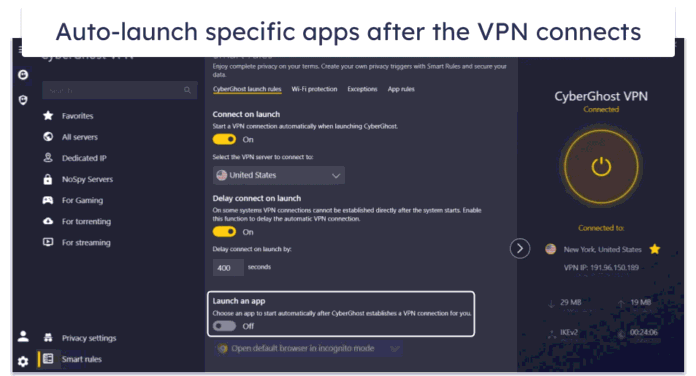What is Safe Eyes?
Safe Eyes is a Free and Open Source tool for Linux users to reduce and prevent repetitive strain injury (RSI). It helps you avoid asthenopia by reminding you to take regular breaks when working for long hours on a computer. You can install SafeEyes on all major Linux distributions out there, this includes but not limited to Ubuntu, CentOS, Fedora, Solus, Arch e.t.c.
Top features of SafeEyes
- Smart decisions – SafeEyes is able to sense if you’re screen is idle and postpone the break based on the idle period.
- Lock screen – SafeEyes will start to lock the screen and start default screensaver for long breaks
- Extensible with plug-ins – You can easily customize the look and feel of SafeEyes using custom extensions.
- APIs for developers – SafeEyes gives developers remote control through Remote Procedure Call (RPC) API and command-line parameters.
- Notifications – SafeEyes gives loud notifications when the time is up for work or break. This makes it easy to pause and resume work when you’re some meters away from your computer.
- Multi-display support – For dual monitors, SafeEyes locks both during work to ensure your eyes and safe.
- Strict break for workaholics – When a strict break is enabled, you cannot skip/postpone breaks unconsciously. This is a good feature for computer addicts.
Install SafeEyes on Ubuntu 22.04|20.04|18.04
SafeEyes is installable on Ubuntu through PPA. This works for Ubuntu and Linux Mint. To get SafeEyes set, add slgobinath/safeeyes PPA repository, update apt-cache and install safeeyes package from added ppa repository.
sudo apt update
sudo apt install gnupg2 software-properties-common apt-transport-https lsb-release ca-certificates
sudo add-apt-repository ppa:slgobinath/safeeyes
sudo apt update
sudo apt install safeeyesInstall SafeEyes on Fedora
On Fedora, SafeEyes can be installed from the default upstream repository. But first, you’ll have to install libappindicator-gtk3 and python3-psutil dependencies.
sudo dnf install libappindicator-gtk3 python3-psutil cairo-devel python3-devel gobject-introspection-devel cairo-gobject-devel
sudo pip3 install safeeyes
sudo gtk-update-icon-cache /usr/share/icons/hicolor
Install SafeEyes on Debian
This installation was tested on Debian 9 ( stretch). But it should work fine on Debian 9. To install SafeEyes on Debian, run:
sudo apt update
sudo apt install safeeyesInstall SafeEyes on Arch
On Arch and its derivatives, SafeEyes can be installed from AUR using yay or similar AUR client. Let’s start with installation of yay
sudo pacman -S --needed git base-devel --noconfirm
git clone https://aur.archlinux.org/yay.git
cd yay
makepkg -si
To install it using yaourt, run:
yay -S safeeyesInstall SafeEyes on OpenSUSE Tumbleweed
Execute the following commands to install safeeyes on OpenSUSE Tumbleweed:
sudo zypper refresh
sudo zypper install safeeyesInstall SafeEyes from source
To install SafeEyes on any Linux distro from source code, use the commands below:
git clone https://github.com/slgobinath/SafeEyes.git
cd SafeEyes
python3 -m safeeyes
To launch SafeEyes application, use the command safeeyes on the terminal or search for safeeyes application name on your Desktop Launcher. It will be on a tray which you can open. It has three configuration options. The first one is general settings:

Here you can set general settings for break duration, a time interval between breaks. Another window is for breaks advice and the last one is for plugins settings.

Similar guides on our website:
- Running Linux GUI applications on Windows Subsystem for Linux (WSL)
- Encrypt Ubuntu / Debian Disk Partition using Cryptsetup
- Setup Secure FTP Server(SFTP) with WebDAV using SFTPGo

